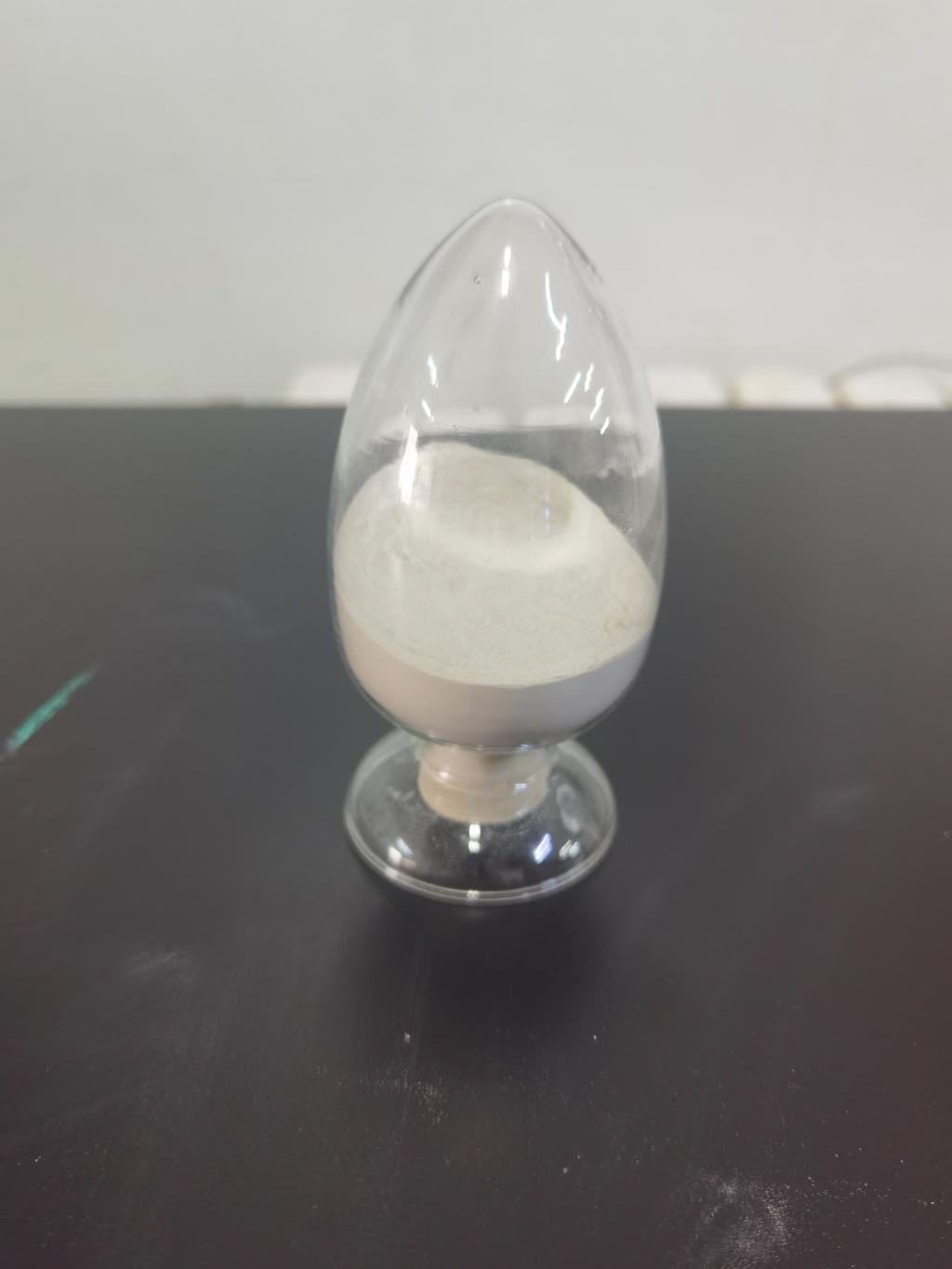Tel:+8618231198596

News
 CONTACT
CONTACT
 CONTACT
CONTACT
- Linkman:Linda Yao
- Tel: +8618231198596
- Email:linda.yao@dcpharma.cn
- Linkman:CHARLES.WANG
- Department:Overseas
- Tel: 0086 0311-85537378 0086 0311-85539701
News
Nisin's potential role in reducing foodborne illnesses.
TIME:2023-08-07
Unveiling Nisin's Antimicrobial Attributes:
Nisin's remarkable efficacy as an antimicrobial agent makes it a compelling candidate for combating foodborne pathogens. Its selective action against bacterial cells while sparing mammalian cells positions it as a safe and potent tool in the pursuit of enhanced food safety.
Nisin's Efficacy Across Pathogenic Diversity:
One of nisin's salient features lies in its efficacy against a diverse array of bacterial pathogens. This encompasses both Gram-positive and select Gram-negative bacteria, the culprits behind various foodborne illnesses.
The Battle Against Gram-Positive Bacteria:
Nisin's prowess prominently manifests in its ability to combat Gram-positive bacteria, including notorious culprits such as Listeria monocytogenes, Staphylococcus aureus, and Bacillus cereus. Its disruption of bacterial cell membranes leads to cell death and impedes the growth of these harmful agents.
Confronting Select Gram-Negative Bacteria:
Recent research has unveiled nisin's potential to thwart certain Gram-negative bacteria, expanding its reach beyond the Gram-positive realm. This breakthrough broadens nisin's impact and underscores its adaptability.
The Complex Mechanisms of Nisin:
Nisin's mode of action hinges on its interaction with bacterial cell membranes. Its amphiphilic structure facilitates insertion into lipid bilayers, initiating pore formation and membrane disruption. This cascade results in cell death as essential cellular components escape. Beyond pore formation, nisin may also meddle with cell wall synthesis and protein production, amplifying its antimicrobial prowess.
Adapting to Diverse Food Matrices:
Nisin's flexibility extends to its integration into various food matrices, encompassing dairy products, meat, seafood, beverages, and canned goods. Its resilience under varying processing conditions renders it an appealing option to ensure food safety across an extensive spectrum of products.
Nisin's Influence on Dairy Products:
In the dairy sector, nisin's efficacy against Listeria monocytogenes and other pathogens adds an invaluable layer of protection to products like cheese, yogurt, and milk.
Elevating Safety in Meat and Seafood:
Nisin's inclusion in meat and seafood products plays a pivotal role in reining in bacterial growth, thereby fortifying the safety of products susceptible to spoilage and pathogenic bacteria.
Extending Shelf Life Through Beverages:
The infusion of nisin into beverages, ranging from fruit juices to soft drinks, prolongs shelf life by stymieing the proliferation of spoilage microorganisms.
A Guardian in Canned Foods:
Nisin's compatibility with high-temperature processing methods positions it as an ally in canned foods, curbing the risk of bacterial contamination during storage.
Nisin's Broader Public Health Impact:
The integration of nisin into food safety strategies carries significant implications for public health on multiple fronts.
Mitigating Foodborne Illnesses:
Nisin's ability to hinder the growth of foodborne pathogens translates into a substantial reduction in the incidence of foodborne illnesses. Its effectiveness in restraining harmful bacterial proliferation leads to a safer food supply and alleviates the burden of illness.
Curbing Outbreaks:
Prompt and widespread nisin utilization in food products has the potential to curtail the frequency and intensity of foodborne illness outbreaks, particularly in settings where robust food safety practices are lacking.
Strengthening Consumer Confidence:
Nisin's incorporation as a natural antimicrobial agent bolsters consumer confidence in the safety of consumed products. Consumers are more likely to place trust in products that incorporate scientifically validated tools for pathogen control.
Sustaining Food Practices:
Nisin's contribution to shelf life extension and food waste reduction aligns with sustainable food production ideals. By minimizing the need for excessive additives and preservatives, nisin supports the movement toward more natural and environmentally friendly food products.
Overcoming Challenges and Paving the Way:
While nisin's potential in reducing foodborne illnesses is promising, challenges and avenues for future research persist.
Tackling Resistance Development:
Sustained nisin usage may lead to the emergence of bacterial resistance. Ongoing monitoring and exploration of resistance mechanisms are essential to safeguard its long-term efficacy.
Fine-Tuning Application Methods:
Further research is warranted to pinpoint the most effective concentrations and application techniques of nisin in diverse food products, ensuring consistent antimicrobial impact.
Fostering Synergistic Approaches:
Unveiling synergies between nisin and other antimicrobial agents has the potential to amplify its efficacy and expand its application range.
Conclusion:
Nisin's latent capacity to mitigate foodborne illnesses holds the promise of elevating public health safeguards and fortifying food safety protocols. Its robust antimicrobial attributes, adaptability to diverse food matrices, and comprehensive impact on reducing outbreaks and enhancing consumer trust underscore its potential in alleviating risks tied to tainted food. As research advances and food safety strategies evolve, nisin's seamless incorporation into food production and preservation protocols has the potential to redefine global food systems, steering them toward a safer, healthier, and more sustainable future.
- Tel:+8618231198596
- Whatsapp:18231198596
- Chat With Skype







